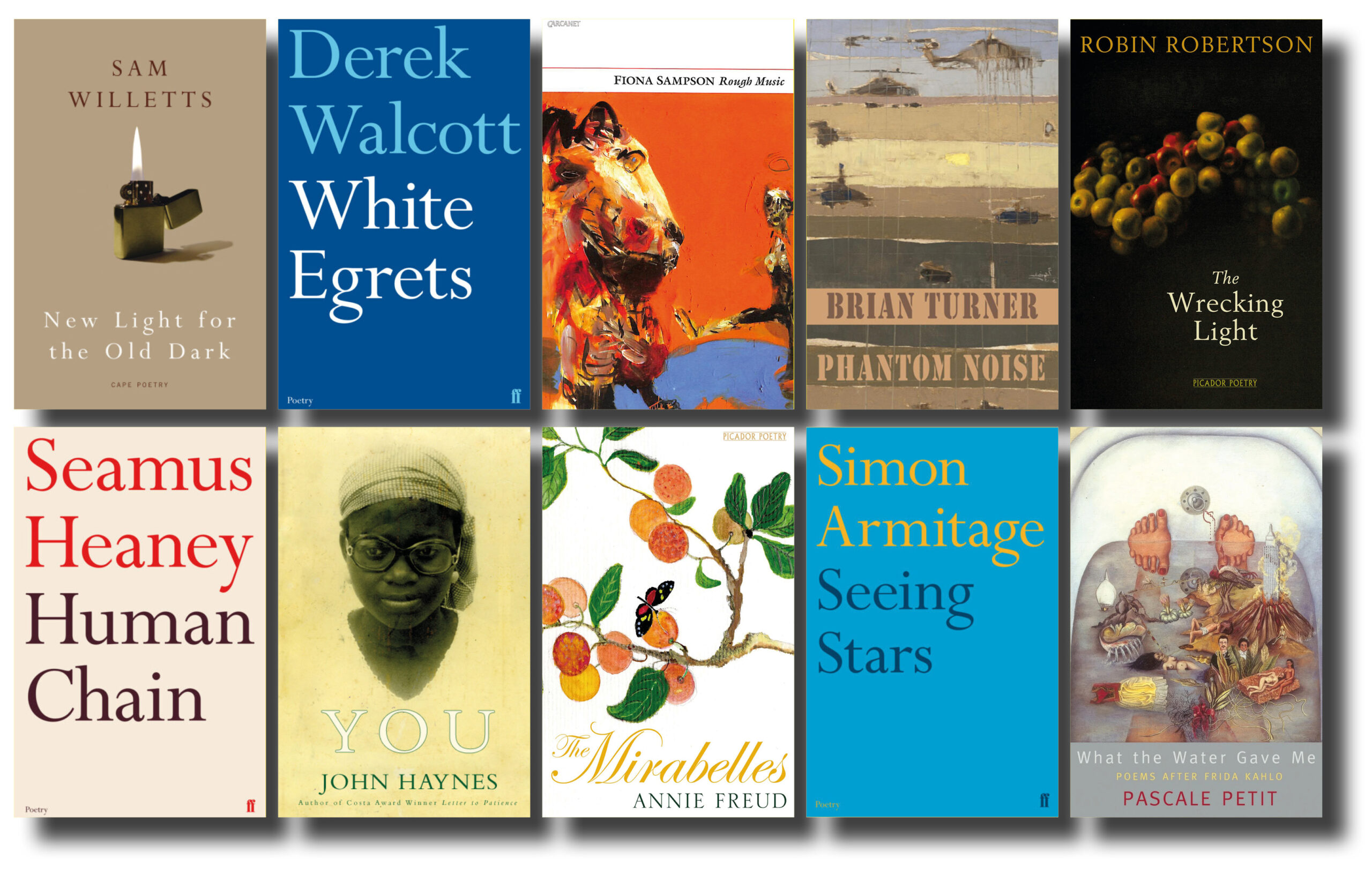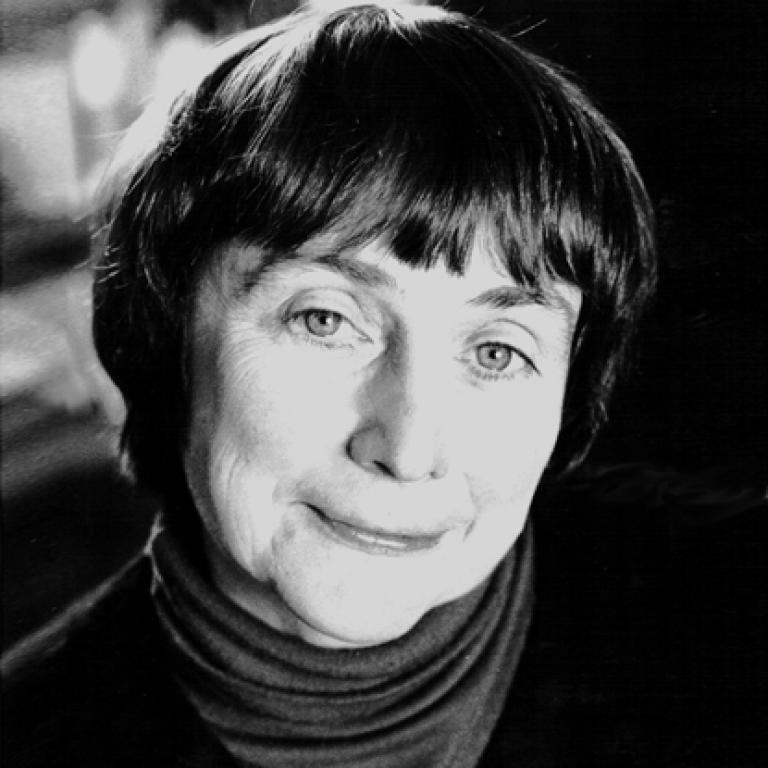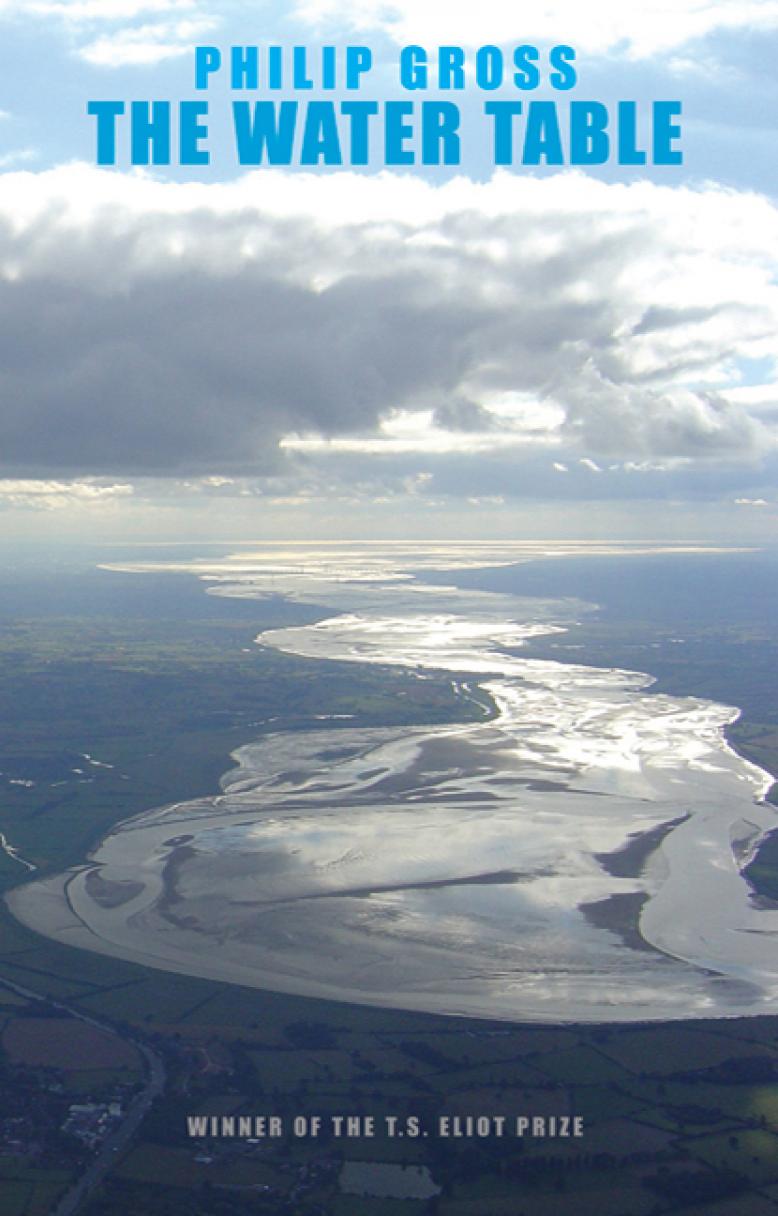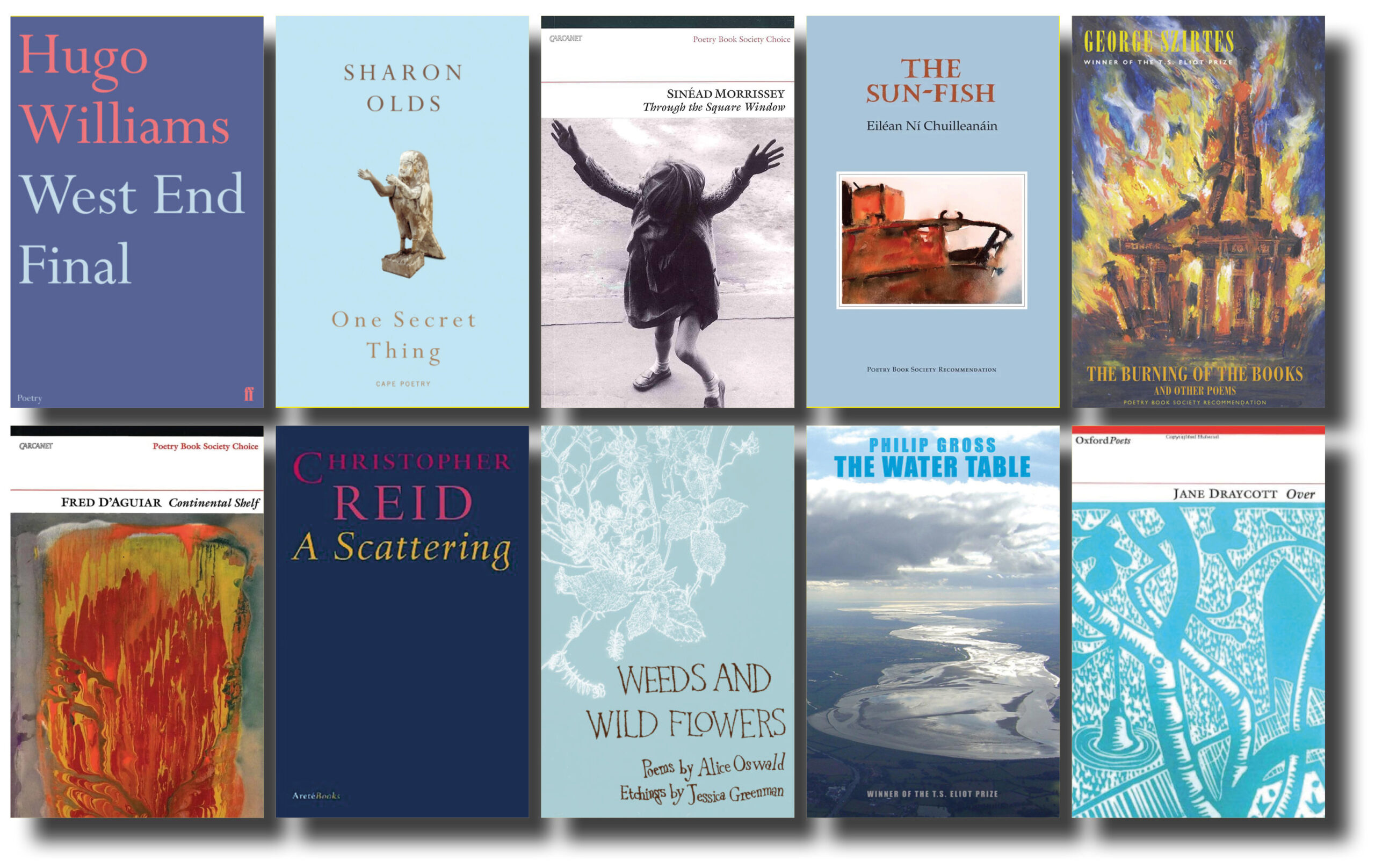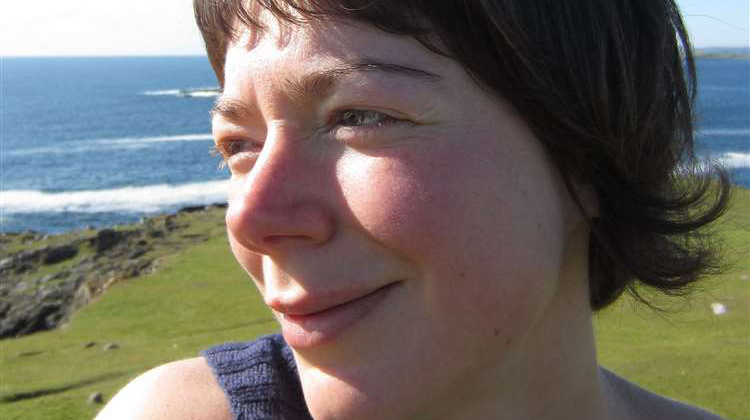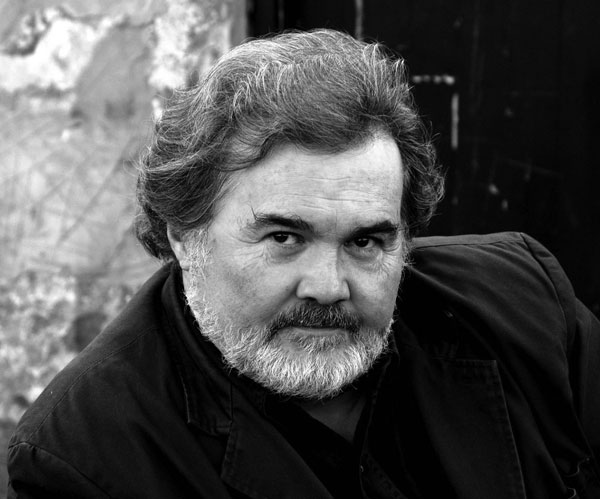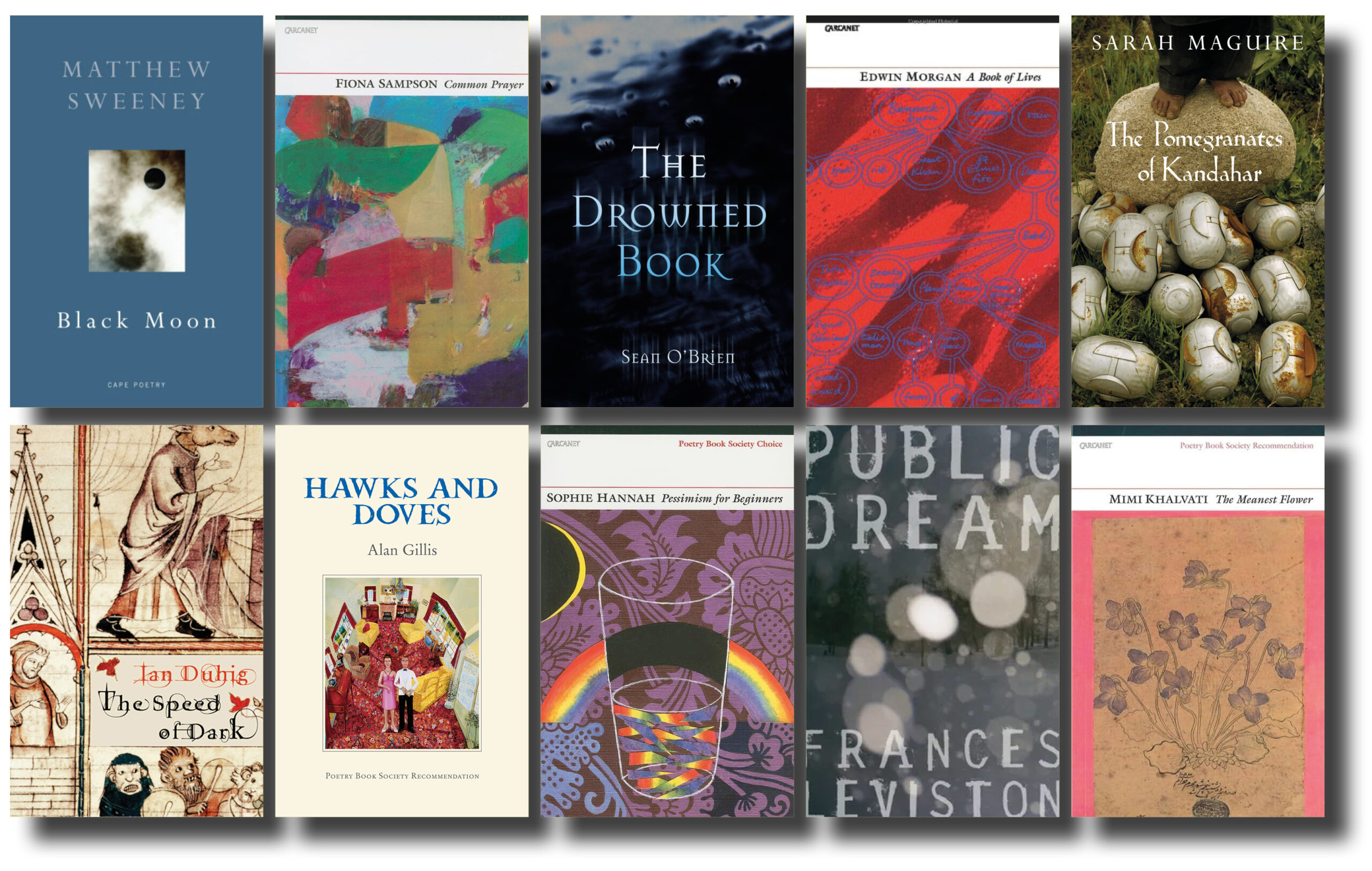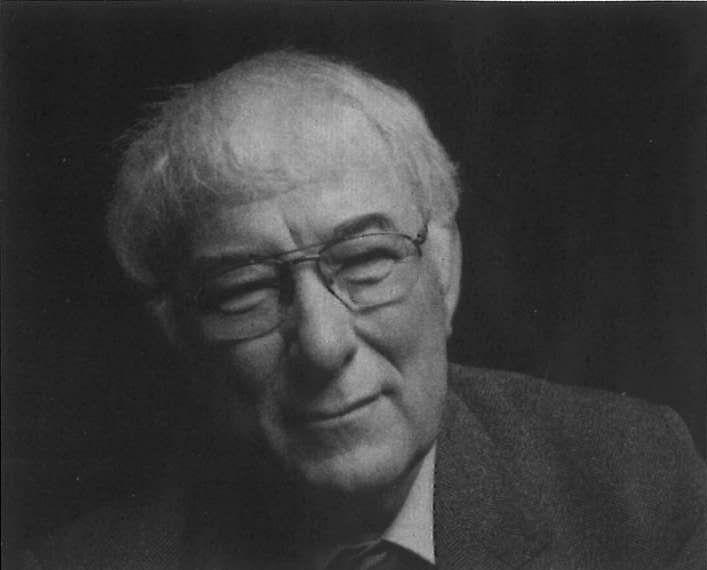T. S. Eliot Prize News
This article on the T. S. Eliot Prize was first published on the Poetry Book Society website in 2010. The Poetry Book Society is delighted to announce the shortlist for the T. S. Eliot Prize for Poetry 2010. Judges Anne Stevenson (Chair), Bernardine Evaristo and Michael Symmons Roberts have chosen...
This article on the T. S. Eliot Prize was first published on the Poetry Book Society website in 2010. Congratulations to Philip Gross for winning the T. S. Eliot Prize 2009 with The Water Table (Bloodaxe Books). The other poets on the shortlist were: The Sun-fish – Eiléan Ní Chuilleánain...
This article on the T. S. Eliot Prize was first published on the Poetry Book Society website in 2009. The Poetry Book Society is delighted to announce the Shortlist for the T. S. Eliot Prize for Poetry 2009. Judges Simon Armitage (Chair), Colette Bryce and Penelope Shuttle have chosen the...
This article on the T. S. Eliot Prize was first published on the Poetry Book Society website in 2009. The judges for the T. S. Eliot Prize, now in its seventeenth year, will be Simon Armitage (Chair), Colette Bryce and Penelope Shuttle. The Prize, which has been described as...
This article on the T. S. Eliot Prize was first published on the Poetry Book Society website in 2009. Congratulations to Jen Hadfield for winning the T. S. Eliot Prize 2008 for Nigh-No-Place (Bloodaxe Books). The other poets on the shortlist were: Moniza Alvi for Europa (Bloodaxe Books) Peter...
This article on the T. S. Eliot Prize was first published on the Poetry Book Society website in 2007. The T. S. Eliot Prize 2007 Shortlist has been announced. This year’s shortlisted poets are: Ian Duhig – The Speed of Dark (Picador Poetry) Alan Gillis – Hawks and Doves (Gallery...
This article on the T. S. Eliot Prize was first published on the Poetry Book Society website in 2007. Please note that although it was announced that U. A. Fanthorpe would chair the 2007 judges panel, Peter Porter would ultimately chair this year of the Prize. The Poetry Book...
This article on the T. S. Eliot Prize was first published on the Poetry Book Society website in 2007. The Poetry Book Society is pleased to announce that the winner of the T. S. Eliot Prize for the best single-author collection of poetry published in 2006 is: Seamus Heaney, for...
